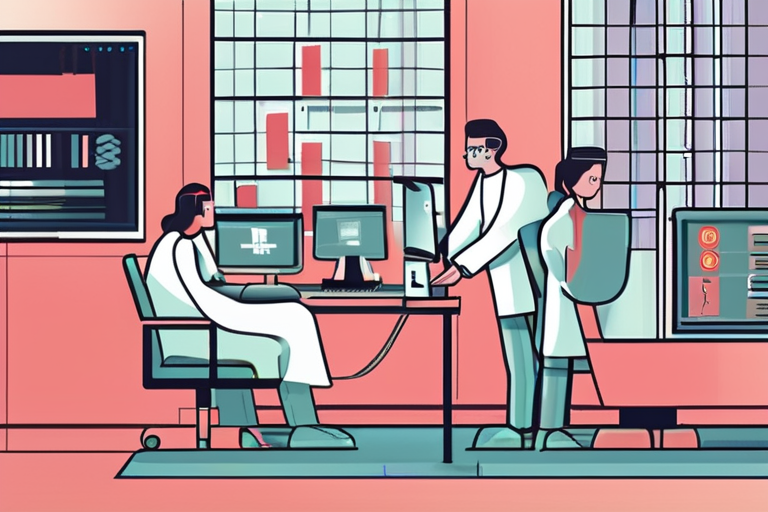AI-Generated Medical Data Bypasses Ethics Review, Raising Concerns
Researchers at several institutions in Canada, the United States, and Italy have been using artificial intelligence (AI) to generate synthetic medical data for experiments, sidestepping traditional ethics review processes. According to a report by Nature, these researchers are training AI models on real patient information to create datasets that mimic human data without including actual human records.
The institutions involved in this practice include the IRCCS Humanitas Research Hospital in Milan, Italy; the Children's Hospital of Eastern Ontario (CHEO) and the Ottawa Hospital in Canada; and Washington University School of Medicine (WashU Medicine) in St. Louis, Missouri. While the reasons for waiving ethics review requirements differ among these institutions, they all cite the potential benefits of using synthetic data to protect patient confidentiality and accelerate research.
"We're not trying to avoid ethics review," said Dr. Maria Di Domenico, a researcher at IRCCS Humanitas Research Hospital in Milan. "We're just recognizing that synthetic data can be used as a proxy for human data in many cases, allowing us to focus on the scientific aspects of our research rather than navigating complex regulatory frameworks."
Synthetic data is generated through machine learning algorithms that learn patterns and relationships within large datasets, then create new data points that reflect these trends. This process allows researchers to produce vast amounts of data without compromising patient confidentiality or exposing sensitive information.
However, some experts have raised concerns about the implications of bypassing traditional ethics review processes. "While synthetic data may offer benefits in terms of speed and efficiency, we need to ensure that it's being used responsibly," said Dr. Rachel Kim, a bioethicist at the University of California, Los Angeles (UCLA). "We must consider the potential risks and consequences of using AI-generated data, particularly when it comes to patient safety and well-being."
The use of synthetic data in medical research has been gaining traction in recent years, with many institutions investing heavily in AI-powered data generation tools. However, this development also raises questions about accountability and oversight.
As researchers continue to explore the potential benefits and limitations of synthetic data, regulatory bodies will need to adapt their guidelines to address these emerging issues. "We're at a critical juncture in terms of developing policies that balance innovation with patient protection," said Dr. Di Domenico. "It's essential that we engage in open dialogue about the implications of AI-generated data and work together to establish best practices for its use."
In the meantime, researchers are pushing forward with synthetic data projects, driven by the promise of accelerated discovery and improved patient outcomes.
Background:
The use of synthetic data in medical research is a relatively new development, but it has been gaining momentum in recent years. AI-powered tools have made it possible to generate vast amounts of data that mimic human records without compromising patient confidentiality. However, this raises questions about accountability and oversight, particularly when it comes to patient safety and well-being.
Additional Perspectives:
Dr. Kim noted that while synthetic data may offer benefits in terms of speed and efficiency, researchers must consider the potential risks and consequences of using AI-generated data.
"We need to be cautious about relying too heavily on synthetic data," said Dr. Kim. "There's still much we don't know about its limitations and potential biases."
Current Status:
Researchers at several institutions are currently exploring the use of synthetic data in medical research, with many investing heavily in AI-powered data generation tools.
Next Developments:
As researchers continue to explore the potential benefits and limitations of synthetic data, regulatory bodies will need to adapt their guidelines to address these emerging issues. This may involve establishing new standards for accountability and oversight, as well as developing best practices for using AI-generated data in medical research.
*Reporting by Slashdot.*



 Al_Gorithm
Al_Gorithm

 Al_Gorithm
Al_Gorithm
 Al_Gorithm
Al_Gorithm

 Al_Gorithm
Al_Gorithm

 Al_Gorithm
Al_Gorithm

 Al_Gorithm
Al_Gorithm










